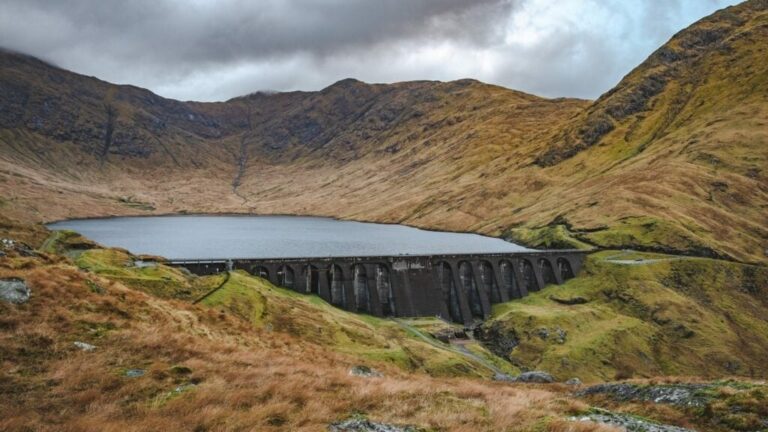Research from market consultancy Cornwall Insight has found that a ‘policy vacuum’ for long-term energy storage (LDES) technologies is now threatening Ireland’s renewable energy potential.
According to the company Evaluating the deployment of long-term energy storage in the electricity sector in Ireland report, limited financial incentives, a lack of clear objectives, and market design limitations all hinder the development of LDES technologies.
For example, LDES is seen as key to balancing the grid’s growing renewable generation, such as wind, over several days rather than just hours once their share of the load reaches a critical mass. As such, the technology is seen as a crucial part of Net Zero.
The report warns that without an increase in the rollout and implementation speed of LDES, Ireland would not be able to meet its 2030 renewables target, which aims to increase the share of electricity from renewable sources to 80%.
For this 2030 scenario, it is estimated that LDES capacity will need to reach 2.4 GW. Currently there is only 0.29 GW of LDES on the Irish electricity grid, all from a pumped storage hydro (PSH) plant operating at Turlough Hill. A further 0.36 GW PSH is planned at Silvermines in Tipperary.

Challenges in the rollout of LDES
The Cornwall Insight report details several challenges facing the rollout of LDES technologies. The high capital costs of LDES require the greatest possible certainty of turnover, but a lack of clear policy hinders this.
As such, in many cases LDES is unable to fully participate in existing revenue streams due to regulatory and market design constraints. Cornwall Insight states that it is critical to develop specific targeted revenue streams to unlock the potential and meet the need for LDES in Ireland.
Ratnottama Sengupta, senior consultant at Cornwall Insight, said: “Growth in renewable energy storage in Ireland has been sluggish at best and downright poor at worst. As Ireland progresses in its transition to a renewables-dominated electricity system, flexibility tools such as LDES will become key to adding resilience and security to our electricity system when the wind does not blow and the sun does not shine. The SEM is currently missing an important part of the sustainable energy puzzle.
“While there are some moves to procure LDES by EirGrid and ESB Networks, there is a lack of coherence and it is a slow process. We need to see government take a more proactive role in developing policy, promoting clarity and providing incentives to build these storage assets. Without these changes, Ireland risks falling short of its renewable energy targets.”
‘Important decisions’ will be made during the GB LDES consultation
LDES is equally important to the country’s net zero targets in the UK energy market. Due to its importance, the government launched a consultation on the technology and how it could be supported. The House of Lords Science and Technology Committee stated in March that “important decisions about the future energy infrastructure‘ should be made.
That of the organization Long-term energy storage: getting started report stresses that the government must “act quickly” to ensure that LDES technologies can scale up and contribute to the decarbonisation of the electricity system, with this goal only eleven years away.


